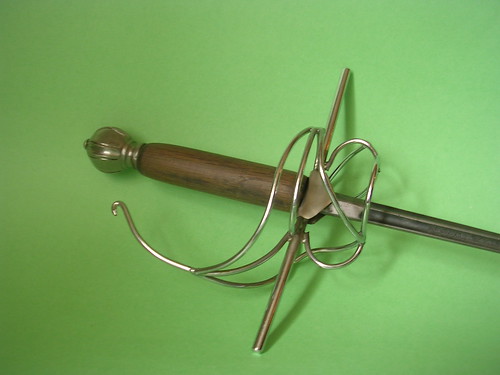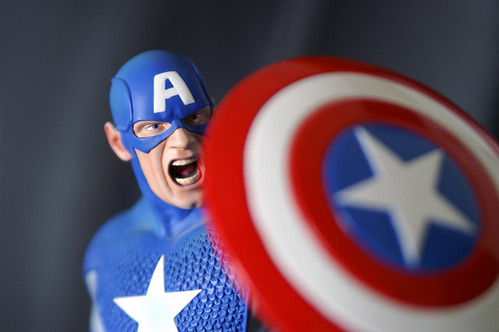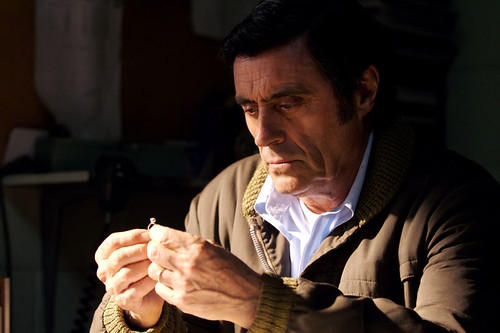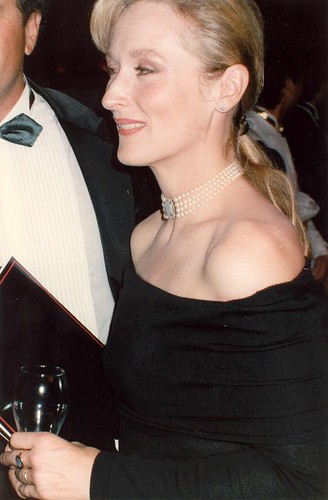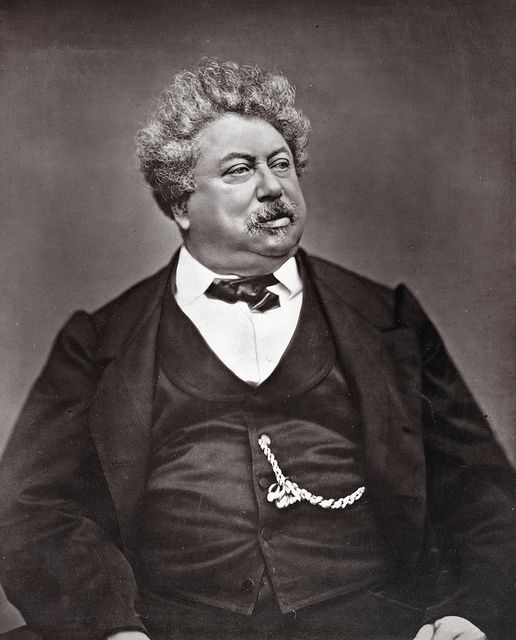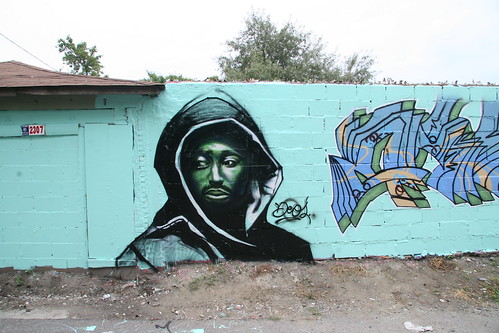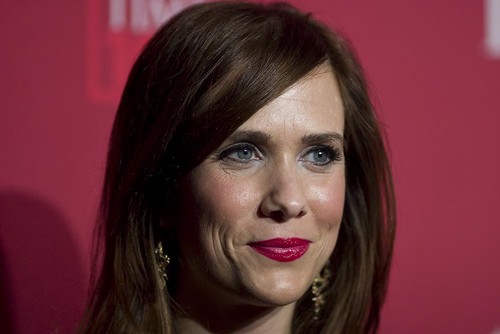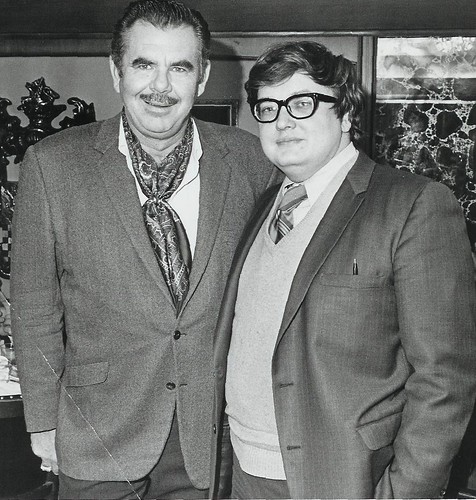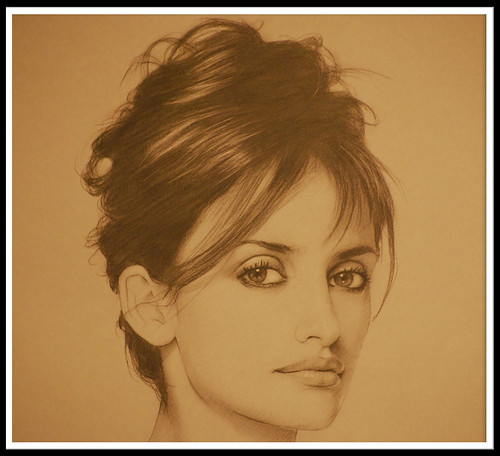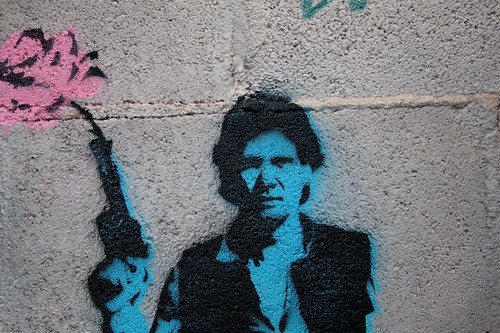It's been a long time since
I asked you guys if you would like me to blog about the Star Wars extended universe and since you all said yes. I'm sincerely sorry for making you wait. But I hope it comes as some comfort to y'all to know that in my humble opinion
this live-action Star Wars television show about the Imperial consolidation and destruction of the Jedi order does sound pretty amazing, even if George Lucas has managed to mitigate said awesomeness by okaying production in Australia.
Now, a couple of ground premises for this project: 1) I've read a lot of extended universe books, but I haven't read everything, and I've read somewhat haphazardly. I've filled in a fair amount of what I haven't read with obsessive
Wookiepedia reading. But I don't know everything. Nor do I expect anyone else here to. I'll insert Wookiepedia links frequently, and try not to write
too much like the
Star Wars nerd that I am so this will be accessible for those of you who aren't Extended Universe fans. I can't avoid spoilers for those benighted few of you who have never seen
Star Wars at all.
2) I have some fairly strong preferences in the extended universe, for example, I like the
Rogue Squadron books more than the
Thrawn Campaign ones.
Corran Horn is probably my favorite extended universe character. I find the stuff about Leia and Han's children when they're very young not particularly interesting. Those preferences will guide my reading. I can't help it. You can try to convince me otherwise if you have strong opinions, but I hope this will be a somewhat different fandom debate and we won't drown ourselves.
3) This project is going to center, at least for now, on my reading of the books that chronicle the
Yuuzhan Vong war. I chose that particular series for a couple of reasons, among them that the second generation of characters grows into adulthood during it, that the series makes what seems to me to be an impressive leap beyond the original Imperial/Sith-Republic/Jedi dichotomy that is at the heart of
Star Wars origins, and also because the
Yuuzhan Vong fascinate me--they come close, to a certain extent, to what I said I was
looking for in an alien species in this post, without the whole "settled on a shared set of compromises" thing. I started with the two Dark Tide books, since I a) like Michael A. Stackpole a whole bunch, b) heard from a lot of people that
Vector Prime was skippable, c) can't afford to read every single book where the Yuuzhan Vong show up.
With all that established, are we ready to take our first steps into a larger world?
First, I want to backtrack a little bit. There's a scene relatively early in
The Lady Eve when Barbara Stanwyck, in the process of seducing an unwitting Henry Fonda, explains to him that her ideal man is "a practical ideal you can find two or three of in every barbershop, getting the works." When I was growing up, pretty much all of my masculine romantic ideals came from
Star Wars.
At first, when I was eleven or twelve, my life ambitions basically centered on growing up to become Luke Skywalker's Jedi girlfriend. He may have been trained as a weapon to take down the Empire, and he may have been more than a little emo, but when it came to the ladies he was such a
sweetie. I got all gushy over his snuggles with
ghostly Jedi Callista when they were working together to take down the Eye of Palpatine in
Children of the Jedi, back in the day when I was still reading Barbara Hambly (who writes the junk romance novels of the
Star Wars extended universe). I was always sort of surprised in the continuity when Luke ended up with
Mara Jade, the former agent of Emperor Palpatine, who always seemed to pack more...sexual heat than Luke ever did. Luke, in many ways, is a perfect pre-teen fantasy, Edward Cullen without the stalkings, and the chompings, and the ridiculous insistence on virginity. (I do really, profoundly appreciate that the
Star Wars universe, while relatively chaste, doesn't have a rigid and objectionable sexual morality.)
Fortunately, I grew up and graduated to Han Solo who, from his first appearance in the 'verse (if you'll forgive me for using
Firefly slang as a convenient abbreviation) is entirely an adult, and entirely a man, if a deeply flawed one. His
sexual appeal needs no particular enumeration. But I think Han is compelling in part because he's the model for the trajectories of most of the men in the extended universe: his evolution from arrogance to humility allows him to reclaim his moral standing, and to discover a truer, clearer, more confident masculinity. It's an arc that really only begins in the first three movies, when Han goes from disillusioned smuggler to semi-reluctant member of the Rebel Alliance. After that conflict, he's still enough of a jackass to literally kidnap Leia when she seems on the verge of marrying a Hapan prince in
The Courtship of Princess Leia, though enough of a gent to try (and fail) to cook her a romantic dinner aboard the Millenium Falcon. Leia chooses to be with him towards the end of that book when he renounces his claim to her and walks off to act as a suicide bomber to take out a powerful with who uses Dark magic and an Imperial warlord.
And Han is only the first of many, something Michael A. Stackpole draws out nicely, if perhaps not always intentionally, in
Dark Tide I: Onslaught and
Dark Tide II: Ruin. Those novels balance a wide array of characters, male and female alike, but it's striking how many of the men are following similar arcs to the one that's defined Han's character.
Corran Horn (perhaps Stackpole's finest creation in the 'verse), the cocky former Corellian Security officer, turned Rogue Squadron pilot, turned Jedi Knight has accepted his limitations within the Force, and is a leading voice for moderation in the reconstituted Jedi order.
Gavin Darklighter has grown from a talented young pilot eager to outshine the legacy of his cousin Biggs (who died during the first Death Star run) to the sober, mature leader of Rogue Squadron. Ganner Rhysode, a younger Jedi Knight partnered with Horn, abandons his extremism and pursuit heroics after a humbling battle with a Yuuzhan Vong warrior. At the earlier end of the age continuum,
Jacen Solo (this link is super-spoilery, just a warning), one of Han and Leia's sons, finds himself struggling with what it means to be a Jedi Knight, particularly after he follows a vision that nearly ends in disaster. And Anakin Solo, his younger brother, finds his abilities in the Force enhanced after he stops using it for everyday tasks at the behest of his aunt, Mara Jade.
The comparison's even made explicit when Jaina Solo, Jacen's twin, meets Jagged Fel (the extended universe is not known for the sin of subtlety with these names, people), the hotshot pilot she is
clearly going to end up with:
That he was handsome there was no disputing, and the cockiness, which was backed by fantastic skill as a pilot, had its charm. She admired the way he'd stood up to the New Republic's politicians--most of whom disgusted her because of the way they treated her mother. Even the Imperial formality* was attractive in a quaint sort of way.
I wonder if my mother saw my father that same way?
One can only hope poor Jagged isn't in for torture, Carbonite hibernation, imprisonment by Hutts, and betrayal by friends. But this being
Star Wars, and him clearly getting hooked up with a Solo, I imagine he's in for trouble in subsequent books.
One of the things that I think makes these arcs successful is that they're entirely separated from our contemporary gender politics. Failing doesn't make these men emasculated: their skills and talents are far too well established for that, and they're already living and working alongside equally talented women without anxiety. The professional communities they live in are largely forgiving, even if Luke ends up having to, at least on the surface, dissociate Corran from the reconstituted Jedi order. The needs the galaxy faces prevent a punitive stance on error. Both of these conditions create space for genuine and fulfilling character growth.
The one exception to this pattern in the
Dark Tide novels and the thing I found hardest to deal with while reading them? Han. In the wake of Chewbacca's death, he's basically become an alcoholic, refusing to take care of himself, and completely unable to relate to his children. It's a pretty stunning turn of affairs to have Han in unwashed clothes, with his youngest kid aware he's hanging around in skeezey bars, and his wife basically assigning people to take care of him while she goes off on risky diplomatic missions. I think it's a brave move for the extended universe to make. Luke's foibles and dramatic failings are always determined by the fact that he's a Jedi. Dude's particular weakness isn't for broads, or booze, but for cloned Dark Jedi. Han is, to a certain extent, the clearest genuine original entry point into the universe for the audience. Unlike Luke or Leia, who are strong in the Force, or the droids, who are basically comic humor (although I think there's a strong case to be made that R2 deserves to be the movies' main hero), Han is just human. He's gotten by on his wits, and fallen on the weakness of his character. He redeems himself through hard effort.
To really ruin him for a while, to abandon that ideal more deeply than it ever was lost before, even after torture and hibernation sickness, is a pretty risky decision. But I like it. As a plot choice, it's a recognition of Han's humanity, and a reaffirmation of the slightly sweet, slightly corny centrality of character in the
Star Wars universe. You may not be able to find two or three of Han Solo in any barbershop. But he and the other men in the extended universe are worth the extra effort, because they're putting it in themselves.
*Han Solo wears Corellian bloodstripes, which he earned for service in the Imperial military, which he deserted to save Chewbacca
